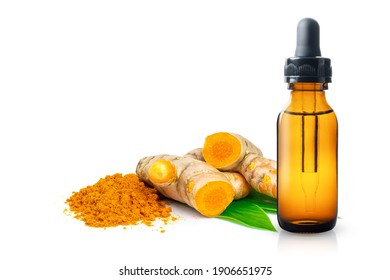Curcumin is a bright yellow chemical produced by plants of the Curcuma longa species. It is the principal curcuminoid of turmeric (Curcuma longa), a member of the ginger family, Zingiberaceae. It is sold as a herbal supplement, cosmetics ingredient, food flavoring, and food coloring.
Turmeric contains curcuminoids, which are bioactive compounds, and curcumin is one of these curcuminoid compounds. While turmeric contains only 2 – 9% curcuminoids, 75% of these active curcuminoids are curcumin, which is why curcumin is the “star” of turmeric.

Benefits of Curcumin :-
- Natural Anti-Inflammatory Compound :- Chronic inflammation contributes to many common Western diseases. Curcumin can suppress many molecules known to play major roles in inflammation.
- Boosts Brain :- Curcumin boosts levels of the brain hormone BDNF, which increases the growth of new neurons and fights various degenerative processes in your brain.
- Reduce Heart risks :- Curcumin has beneficial effects on several factors known to play a role in heart disease. It improves the function of the endothelium and is a potent anti-inflammatory agent and antioxidant.
- Preventing and Treating Alzheimer’s Disease :- Curcumin can cross the blood-brain barrier and has been shown to lead to various improvements in the pathological process of Alzheimer’s disease.
- Help in Arthritis :- Arthritis is a common disorder characterized by joint inflammation. Many studies show that curcumin can help treat symptoms of arthritis and is in some cases more effective than anti-inflammatory drugs.
- Help Delay Aging :- Due to its many positive health effects, such as the potential to prevent heart disease, Alzheimer’s and cancer, curcumin may aid longevity.
- Curcumin is the main active ingredient in turmeric. It has powerful anti-inflammatory effects and is a very strong antioxidant. Curcumin is also fat soluble, so it may be a good idea to take it with a fatty meal.

 Share on bsky
Share on bsky






Read 0 comments and reply